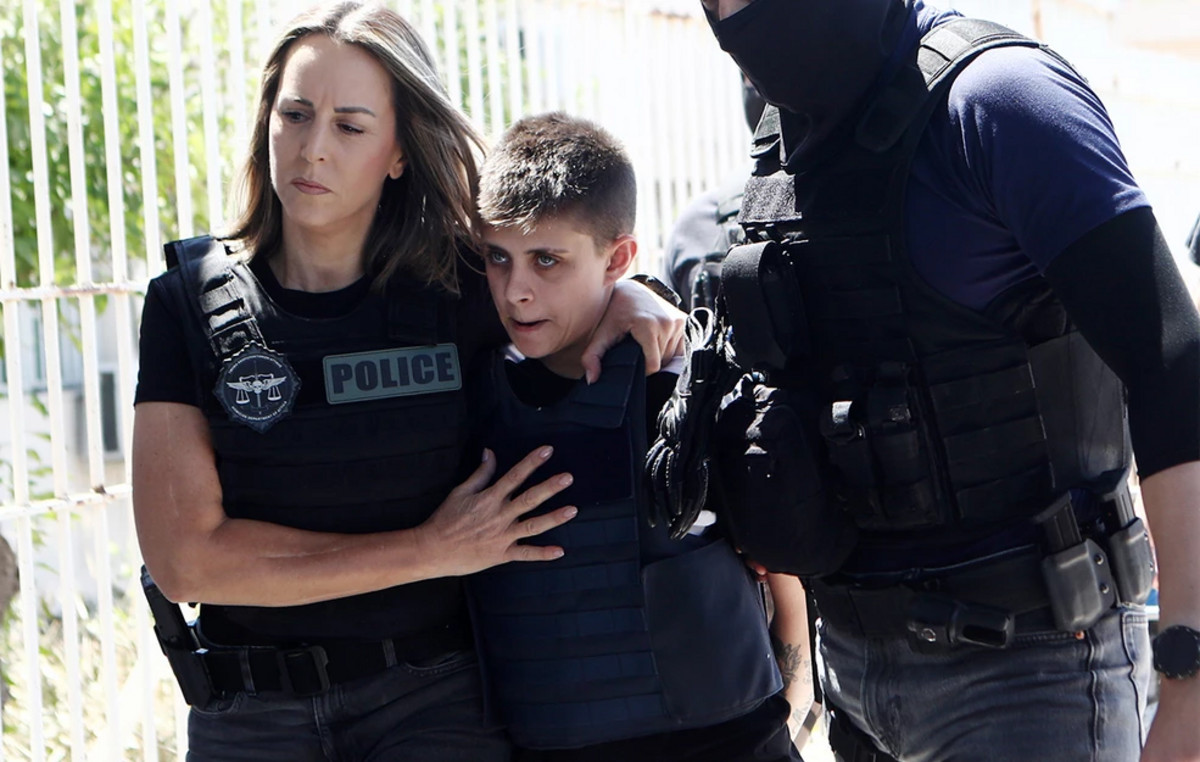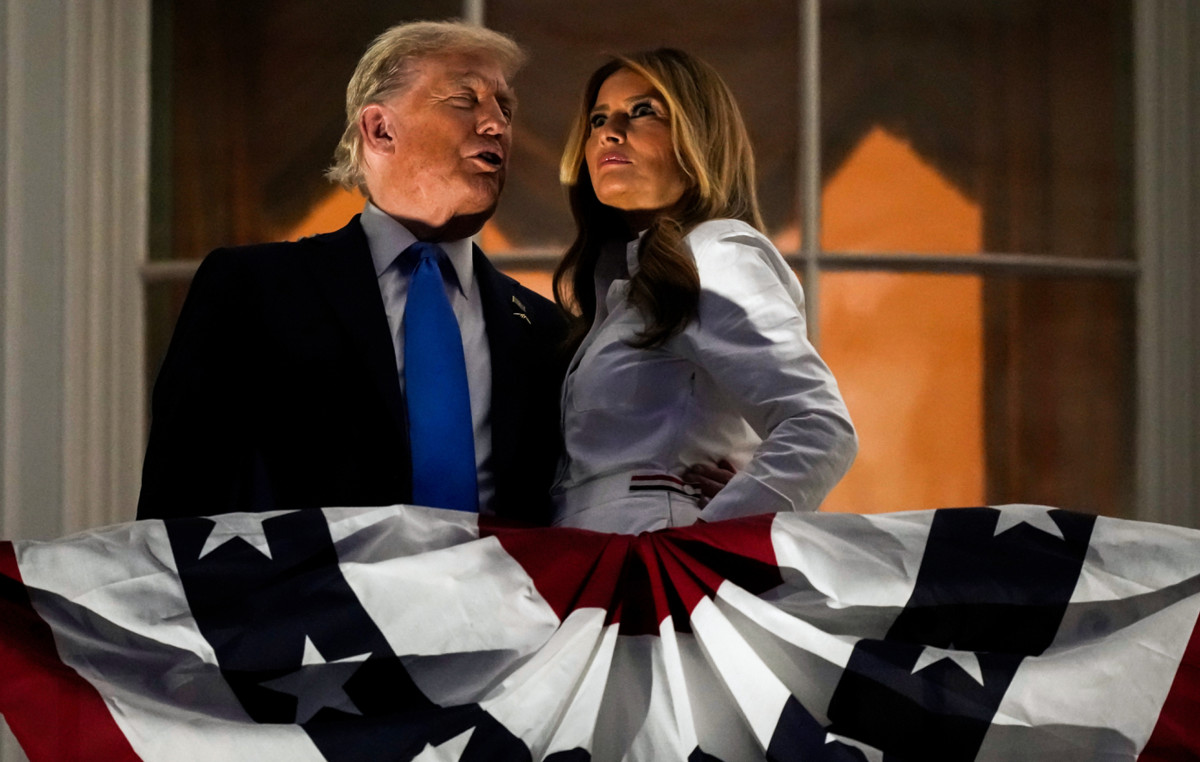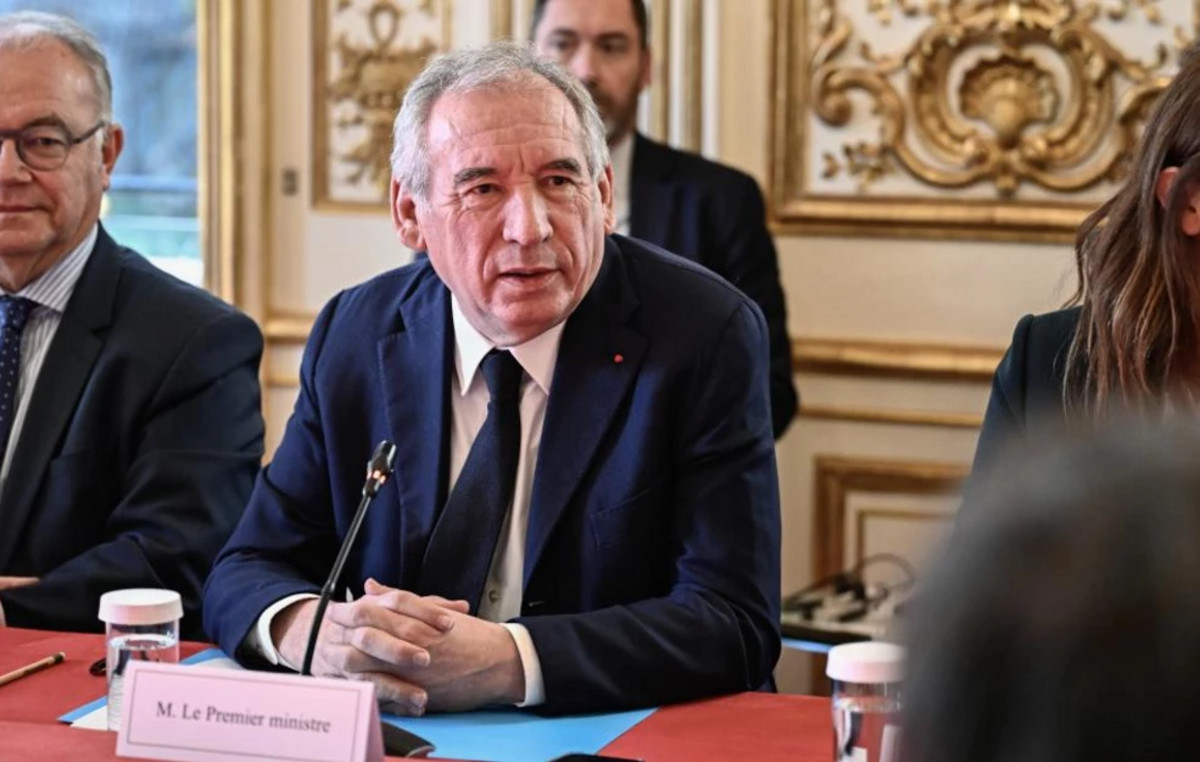Specialists from different areas discussed the potentialities and challenges of the new government of president-elect Luiz Inácio Lula da Silva for the next four years in key areas such as economy, health, education and environment, during the second day of the Brazil Sphere Forum held this Saturday (26).
The analyzes were presented in the first panel of the day, entitled “The new government for 2023-2026”, mediated by the political analyst of CNN Basilia Rodrigues. The event is promoted by Esfera Brasil.
“Esfera is an independent and non-partisan think tank, whose mission is to open a space for dialogue between the public and private sectors, so that we can think of the best solutions for the country to develop at an ever-faster rate. Our forum is nothing more than that. It was a big dream, since the beginning of the year, to hold a forum to present the new government, and here we are”, said Camila Camargo, new CEO of Esfera, at the opening of the event.
The first panel of the day had the participation of Floriano Pesaro, executive coordinator of the Lula government’s transition team; Roberto Kalil, cardiologist at Hospital Sírio-Libanês and one of the coordinators of the transition team in the health area; Emídio de Souza, former mayor of Osasco and strategist for the elected government; Gabriel Galípolo, economist and member of the infrastructure group; Marco Aurélio de Carvalho, coordinator of the Prerogativas Group, and Fátima Bezerra, governor of Rio Grande do Norte.
Diagnosis of the current administration
Floriano Pesaro commented on the challenges of transition team of the government, which already operates at the headquarters of the Cultural Center of Banco do Brasil, in Brasília. According to him, the team already has almost 300 people, most of whom are volunteers. Of the team, which has members from different areas, only 18 names are among those who receive the government transition salary.
“We have a huge challenge to make a good diagnosis. If we don’t have a good diagnosis of the state of the art of the current administration, we won’t start the next administration well”, she said.
“We have 18 people nominated who receive a salary from the transition — 18 out of 300. All the others are volunteers: businessmen, lawyers, economists, public servants from the most diverse areas, from the environment, health, education, culture, sport, cross-cutting themes that are there to contribute to the diagnosis. It is not a government program”, he highlighted.
Dialogue
The government transition was divided into 32 areas, according to Emídio de Souza. “What we have already found is a very worrying diagnosis. Not only in the economic area, with the complete budget insufficiency for 2023, but also with dismantled programs, with programs that do not work properly, budget allocations that do not exist for 2023, “he reported.
He emphasized that the elected government will seek dialogue with parties and civil society. “We need a government that unites this country, that knows how to listen to the economic sectors, the economic agents, knows how to listen to all the parties, knows how to dialogue with the National Congress, knows how to put what is a priority for Brazil, knows how to recover the international credibility that went downhill in recent years,” he said.
Souza considers that the participation of the president-elect at COP27 has demonstrated the prestige that the country seeks to recover on the global stage.
“So, the role of transition is this: to join political forces. We are living peacefully together under the coordination of Governor (Geraldo) Alckmin (Vice President-elect). It is not a Babel, it is a front that Brazil needs at this moment to find the path of growth, international recovery and development with social justice”, he said.
Reconstruction of the federative pact
The re-elected governor of Rio Grande do Norte, Fátima Bezerra, stated that the broad front represents the country’s reunion with the defense of democracy.
“This broad front was necessary for us to interdict this cycle of authoritarian and obscurantist government that led the country to this tragedy, including from the social point of view. And it is even more necessary even to govern. Understanding that the moment is for national reconstruction”, he observed.
“The reality in Brazil is dramatic. It hurts my heart to see the destruction of social policies. See the breakdown, for example, of the budget for health, for the SUS, for education. In other words, it’s a plucked budget, and we’re not talking about just any policy. We are talking about essential policies for the promotion of citizenship and rights”, he said.
Fátima stated that, in this context, the participation of governors and mayors will be essential for the reconstruction of the federative pact.
“How to govern the country, states and municipalities, if we do not have convergence or dialogue from the point of view of walking the necessary paths to bring what Brazil needs most at this moment, which is economic growth, a sustainable development project that be fair and inclusive, and bringing citizenship”, he questioned.
tax issue
Economist Gabriel Galípolo highlighted the need to deepen discussions involving the fiscal issue, such as the spending ceiling.
“The discussion of the tax issue permeates a slightly broader discussion. I think economists may have an important role to play in dialoguing with society,” he said. “We economists, for a long time, have been appropriating the budget discussion in an absolutely hermetic, very technical, closed way, where a large part of the population cannot understand what is being discussed there”, he said.
For Galípolo, the budget is not a technical piece of the economy branch, but should be understood as a pillar of democracy. “The budget is a pillar of democracy, it is a pillar of this form of social organization that we live, because it is the way that we decided that one will take care of the other, in sickness, in old age, in childhood, in education”, he argued. .
The economist stated that, with regard to the budget issue, Brazil is not far from other countries of the Organization for Cooperation and Development (OECD). However, disparities arise in income concentration.
“When I look at Brazil’s revenue structure and spending structure, there, yes, I have a monster, a monster that concentrates income”, he said. “The discussion that needs to be held in sunlight […] it is the discussion of the quality of both the collection and the expenditure, so that this can happen in the most democratic way possible”, he added.
Challenges of the Covid-19 pandemic
At this time, the healthcare transition team is evaluating the epidemiological scenario of Covid-19 and vaccine purchase contracts, anticipating the planning of the National Immunization Program (PNI) for the year 2023.
Cardiologist Roberto Kalil, one of the coordinators of the area, says that the pandemic represents a public health challenge and that it is still not possible to classify the disease situation as an endemic one.
The concept of endemic considers the presence of a recurrent disease in a region, but without significant increases in the number of cases.
“The flu virus, for example, we know, there are several flu viruses, but it increases in incidence in winter, autumn and a little in spring. So there is that seasonality. Covid with its new variants, including this new BQ.1, the names are several, does not respect seasonality. It peaks in summer, winter, spring. That is why we are not yet on an endemic plateau, which we are going to reach”, said Kalil.
Regarding the challenges of the new government, Kalil emphasized that it will be necessary to expand the vaccination coverage against the disease, especially in relation to the booster dose. PNI data released this week point out that more than 77 million Brazilians did not receive the first booster dose of vaccines against Covid-19. Already 24 million could have received the second booster dose against the disease, but have not yet vaccinated.
“The Brazilian vaccination system is an extremely competent system, known and recognized worldwide. It’s a capillary system as long as you have the vaccine,” she said. “New vaccines are coming out, called bivalents, this week, approved by Anvisa. The new government has to rush to buy these vaccines and bring them to the population as soon as possible,” he added.
reconcile the country
Marco Aurélio de Carvalho, coordinator of the Prerogativas Group, highlighted the importance of reuniting a divided country, after one of the closest presidential elections in the history of Brazil.
“I think that the only political leadership capable of rebuilding and reconciling the country is, in fact, the president-elect, Lula, alongside our dear governor and vice-president, Geraldo Alckmin”, he added.
Carvalho stated that the task of rebuilding and reconciling the country belongs to all Brazilians. “During the very difficult time the country is going through, in which institutions are threatened on a daily basis, the Federal Supreme Court (STF) and the Superior Electoral Court (TSE) have given very satisfactory answers,” he said.
Source: CNN Brasil
A journalist with over 7 years of experience in the news industry, currently working at World Stock Market as an author for the Entertainment section and also contributing to the Economics or finance section on a part-time basis. Has a passion for Entertainment and fashion topics, and has put in a lot of research and effort to provide accurate information to readers.







